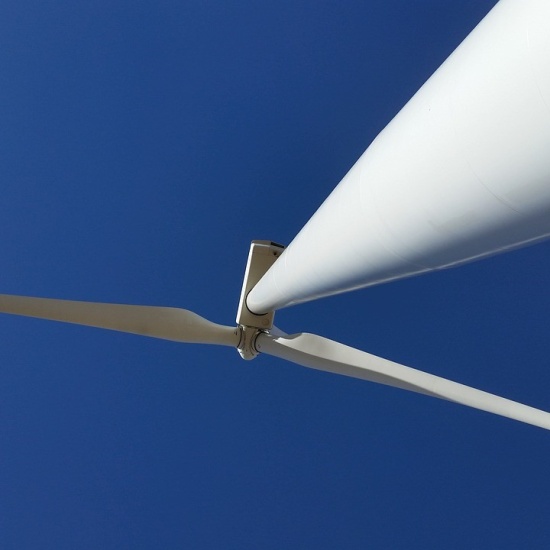Living within carbon budgets
Upcoming carbon budgets are going to change the game when it comes to eliminating fossil fuels from our energy system, explains SEAI Chief Executive William Walsh.
We have worked for many years at SEAI with householders, business, and large industry to promote the benefits of sustainable energy. The Government has to date supported almost 450,000 households and thousands of businesses to reduce or replace fossil fuel usage.
The Government has supported a world leading level of renewables on our electricity grid and done much to support sustainable energy research. Unfortunately, it hasn't been enough. Aside from the impact of Covid in 2020, net emissions from energy use continue to rise.
Targeting technology
SEAI welcomes the alignment of targets with the science. A minimum 7 per cent per annum net reduction of emissions gives us a chance of making Ireland's fair contribution to the Paris Agreement. But achieving the goal, every year, will require a truly national effort, elevating climate action to our number one priority. To succeed, climate action needs to move from something we do to fundamentally how we do things.
The technology change required is massive. We need a 10-fold increase in the rate and depth of building energy upgrades across residential and non-residential buildings. We need to ramp up electric vehicle ownership. And we need to deploy renewable electricity on our grid at around four times the historic rates. Unfortunately, given delayed climate action to date, and our reliance on imported fossil fuels for our energy needs (87 per cent fossil in 2020), even this level of scaling up won't be enough on its own.
Carbon budget
In a carbon budget constrained economy, a range of further considerations are necessary. First, we must consider where we can reduce our fossil fuel use immediately. Lessons exist in our recent experience with the Covid pandemic. Transport emissions dipped by around four million tonnes in 2020 due to reduced travel. This was unwelcomed for many given its link to unemployment. But for others working from home or taking less overseas flights worked well, and reduced emissions. We need to address the likely increase in home heating. But this remains a case in point of the need to cut net emissions, fast.
Investment in cycling and walking infrastructure during the car transport lull offer a strong example of providing alternatives to fossil fuel-based car travel that have 'stuck' for many consumers, representing the type of behaviour change to be encouraged. So many of the changes bring us closer to meeting our climate challenge, while bringing added health and lifestyle benefits.
"Nothing short of a societal movement will see us living within carbon budgets, living lives that are compatible with our planet. We are here to help." - William Walsh, CEO of SEAI
Click to tweet (opens in a new tab)Energy sufficiency
We must talk too of energy sufficiency. Where efficiency is doing the same activity with less energy, sufficiency is simply about doing less. This is a more difficult discussion. But when carbon budgets bite, we may have to consider everyday changes such as how often to use the washing machine day, or where can we use less hot water.
Scaling successful projects quickly is something that SEAI has done for many years. Most of our Government funded schemes started as trials. We now have comprehensive offerings supporting hundreds of communities around the country to act together. We host business networks sharing experience and 'wins' on energy efficiency and renewables. We have witnessed the power of CEO leadership in business who are tackling the issue seriously - hitting business goals and decarbonising simultaneously. More of this cooperation is essential.
Looking ahead
Beyond these actions, we need to consider what 'high carbon economy' can we substitute out. For example, could we build more with timber and less with cement. With carbon budgets, it doesn't work to simply make the least carbon intense product of either A or B. The net emission from making or using that product are what count. Company responsibility must be taken at the net emission level. That may mean finding alternatives until such time as high carbon sectors can produce in a way that is compatible with carbon budgets, climate science and a healthy future for next generations.
All activity in our energy transition is in the good economy, providing thousands of jobs. Any business looking for solutions will need support. Any citizen keen to act needs support. We are inviting all interested parties to contact SEAI as a first port of call on action to eliminate fossil fuels from our energy system. Nothing short of a societal movement will see us living within carbon budgets, living lives that are compatible with our planet. We are here to help.



